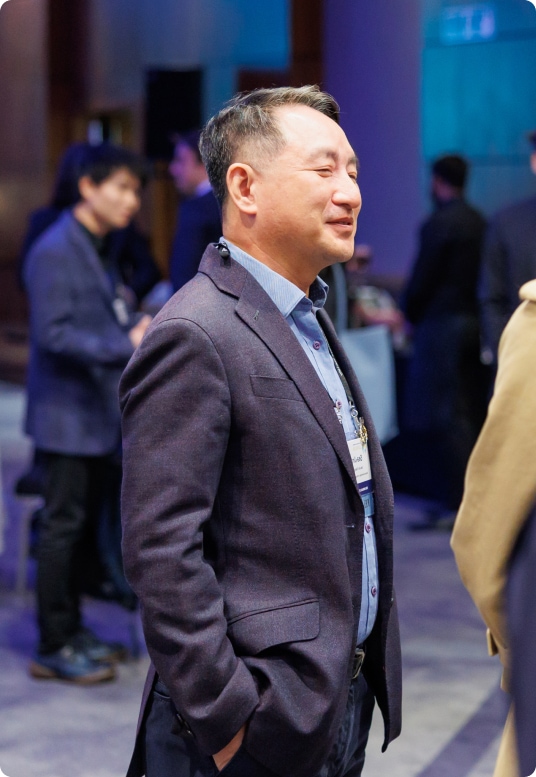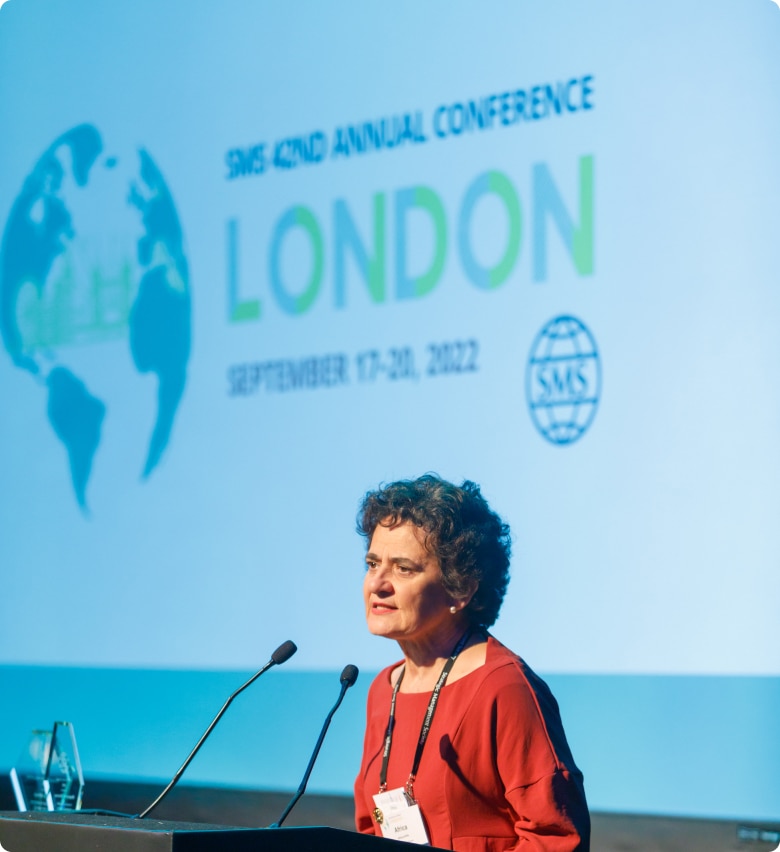MISSION & VISION
Mission
The Strategic Management Society is the leading global member organization that fosters and supports rigorous and practice-engaged strategic management research and nurtures a vibrant and inclusive scholarly community.
Vision
The Strategic Management Society cultivates collaboration between academics and practitioners as a means of accelerating thought leadership in the field of strategic management. We nurture and disseminate cutting-edge research in order to advance the practice of strategic management, address economic challenges, and positively impact society around the world.

SMS Membership
SMS is an individual member-based organization founded in 1981. Today, it enjoys the support of over 3,000 members, representing 1,100+ institutions and organizations in 70+ countries.
Member Spotlights

Heli Wang
Singapore Management University

Ronaldo Parente
Florida International University

Brett Anitra Gilbert
American University
SMS LEADERSHIP
Activities of the Society are made possible through the dedicated support of hundreds of individuals who take on a variety of responsibilities, volunteering their time and expertise.
GOVERNANCE
SMS is a 501c3 non-profit organization. Governance of the Society is overseen by the Board of Directors while observing the Society’s bylaws and accompanying governing policies.

